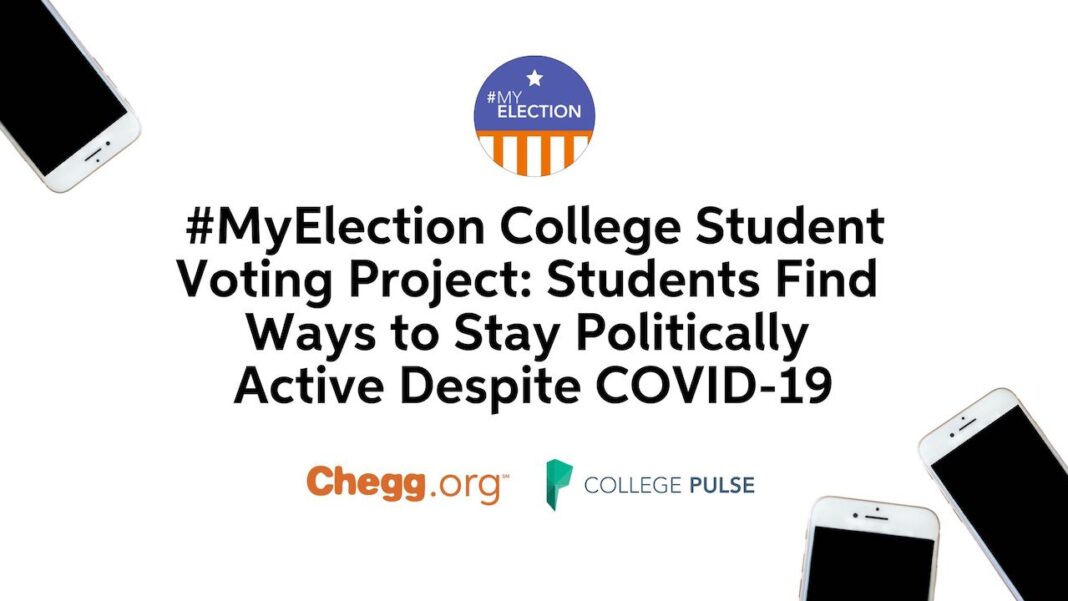
America’s election season is one of the longest in the world. The 2020 election has lasted almost 1,200 days, and this extensive campaigning can cause voter fatigue. Add a global pandemic and in-person political involvement has never been harder. Nevertheless, college students are finding ways to stay informed and have meaningful conversations with people in their lives.
While 1 in 5 (20%) students say they are very engaged in politics and activism, another 51% are somewhat engaged, according to a recent Chegg.org/College Pulse #MyElection study of 1,500 undergraduates. The eight students participating in the #MyElection College Student Voting Project feel a sense of urgency to stay up to date with the news despite the COVID-19 pandemic hindering their ability to canvas or participate in protests. Students on both sides of the aisle spend time discussing politics with their friends and family in order to better understand other perspectives. Many also reference and fact-check sources to ensure they are getting balanced and factual news.
Historically, voter turnout among college students is lower than any other group in the United States, and students’ reasons for not voting vary. Many attend college outside of their home state and are unsure how to register or where to vote. Some residents of non-swing states feel like their vote doesn’t matter. And others have general voter apathy. In addition, the COVID-19 pandemic has added even more complications. But this election is much different than past elections. Despite being one of the longest election seasons in history, many college students are highly motivated to cast their vote and help others get to the polls.

Daniel V.
School: University of Texas at Dallas
Year: Senior
Political leaning: Very liberal
Who he’s voting for: Biden
Being a caretaker for my autistic brother and looking after immunocompromised family members, I haven’t had the opportunity to attend rallies in real life or go door-to-door as I have in years past. I’ve kept up with friends’ experiences at campaign events or protests, and it has certainly been inspiring to see that those who are able to get out there have been doing so.
Nearly all of my friends are (grudgingly) voting for Biden, so our conversations have not been about deciding a candidate to vote for but ruminating over the potential outcomes on Election Day. Many of us went into 2016 with high hopes, so this year’s mood feels much more solemn. My grandmother is a full Trump supporter, with Fox News and The Blaze regularly polluting the TV, so I’ve learned not to reference the election in front of her lest I receive a speech about China and the “dimmocrats.”
“My involvement has been in the form of sharing voter registration resources with friends and making sure they have reliable information regarding federal and local candidates.”
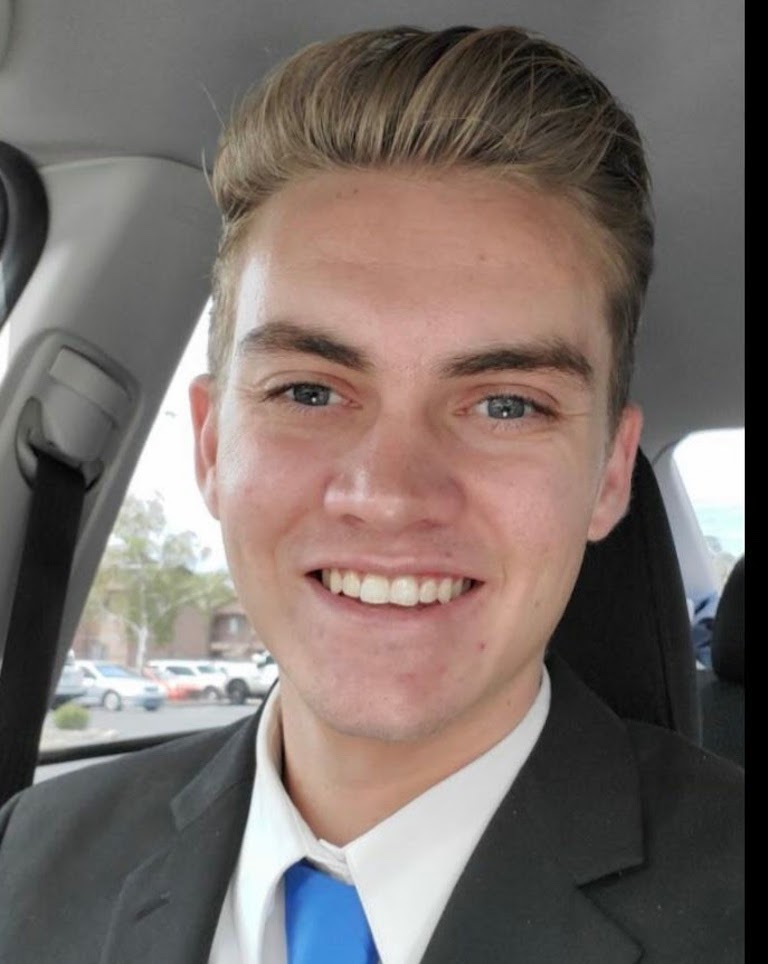
Chase
School: Arizona State University
Year: Senior
Political leaning: Very conservative
Who he’s voting for: Trump
I worked as a campaign intern and eventually a campaign manager for a local Arizona politician and a few others for three years between high school and my first year of college. This was the most politically active part of my life and I have not been as engaged since then.
I have friends on both sides of this election, some supporting Trump and others voting for Biden. I consider myself to be a Libertarian, but I also know that I lean to the conservative side. Having this stance, I have been able to talk to friends about the reasons they are choosing one candidate or the other and, for the most part, they have been healthy discussions. The two-party system has always been polarized, but many of us feel that this election is especially divided, and often it prevents people from being able to discuss politics without holding resentment towards the other simply due to who they are voting for.
“This upcoming election has motivated me to become more active in politics as a whole.”

Kareen
School: Texas A&M University
Year: Senior
Political leaning: Somewhat liberal
Who she’s voting for: Biden
This upcoming election has, in the most confounding turn of events, managed to simultaneously amplify and reduce my willingness to participate in [political] activities. In the months leading up to the November election, I have unabashedly baited those personally close to me — exclusively — into countless political discussions. Conversations which center around the importance of voting, since we lack the privilege to remain unaffected by the outcome, more so than those that center around the debate as to why one should vote for Biden instead of Trump. This is because I know who these individuals would vote for, and making sure they complete their civic duty is the troubling part, frankly.
Moreover, it has made me realize how truly intimidated I am at the thought of these political exchanges extending to individuals with political views poles apart from mine and having them escalate into something more physical. Apart from just talking about the election, however, I have motivated and accompanied a friend to register to vote, as well as provided my family members with early voting locations near them.
“The political climate — unabated since the 2016 election — has forced me to recognize the unquestionable need for these [political] discussions among family and friends.”
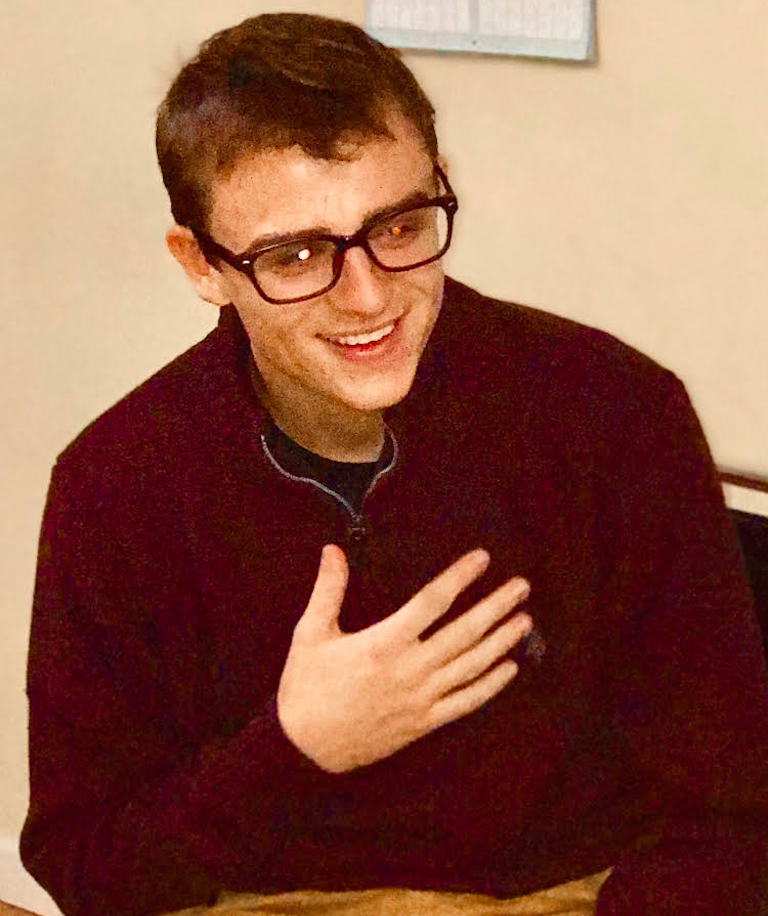
Tyler
School: Binghamton University
Year: Doctor of Pharmacy student
Political leaning: Very conservative
Who he’s voting for: Trump
I have spent a lot of time this election trying to educate people on proper media sources. CNN, MSNBC, ABC, and even Republican-biased Fox have simply offset facts and clear wrongdoings. Leftist media, mostly, simply leaves out important facts. Because of this, I spend a lot of time searching for uncut clips of interviews, I watch the daily press conferences from the White House with Kayleigh McEnany, and read over the official documents that are released.
I often spend time fact-checking many different sources, so that I can help disseminate information in a safe and proper manner. Since I am a pharmacy student and work two jobs on top of my didactic coursework, I am often unable to attend rallies and attempt any door knocking events.
“My role this election has been to use my resources to spread facts and ideas that arise amidst an election season.”
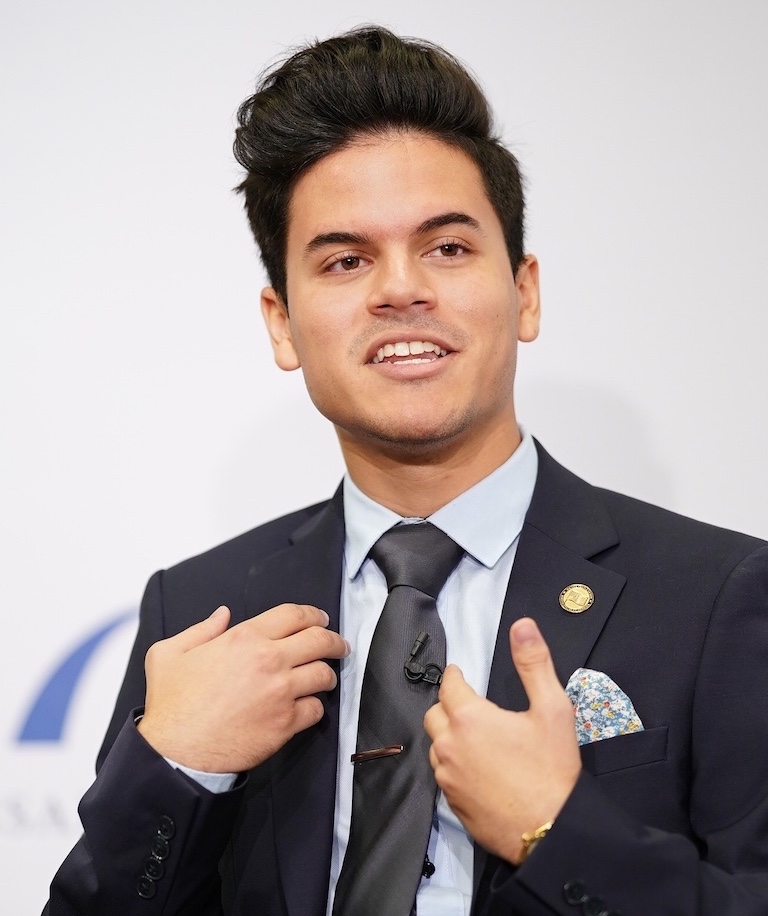
Daniel A.
School: American University
Year: Senior
Political leaning: Moderate
Who he’s voting for: Biden
This election, I have not been very politically involved with official events. I definitely feel like it is a very important election, and I feel strongly about which candidate I think is best for America, but I have not dedicated time to canvassing or phone banking. In part, I think that is because, while I do feel motivated by Joe Biden, he is still not who I would want to be president in a best-case scenario.
While I have not participated in phone banking or canvassing, I have helped friends and family sign up to vote, request mail-in ballots, etc. I have been more involved politically this election than I was in 2016. Seeing the division in the U.S. grow over the last four years has been a powerful reminder of the importance of electoral results.
“I watched most of the debates and have engaged in conversations with family members and friends concerning voting.”
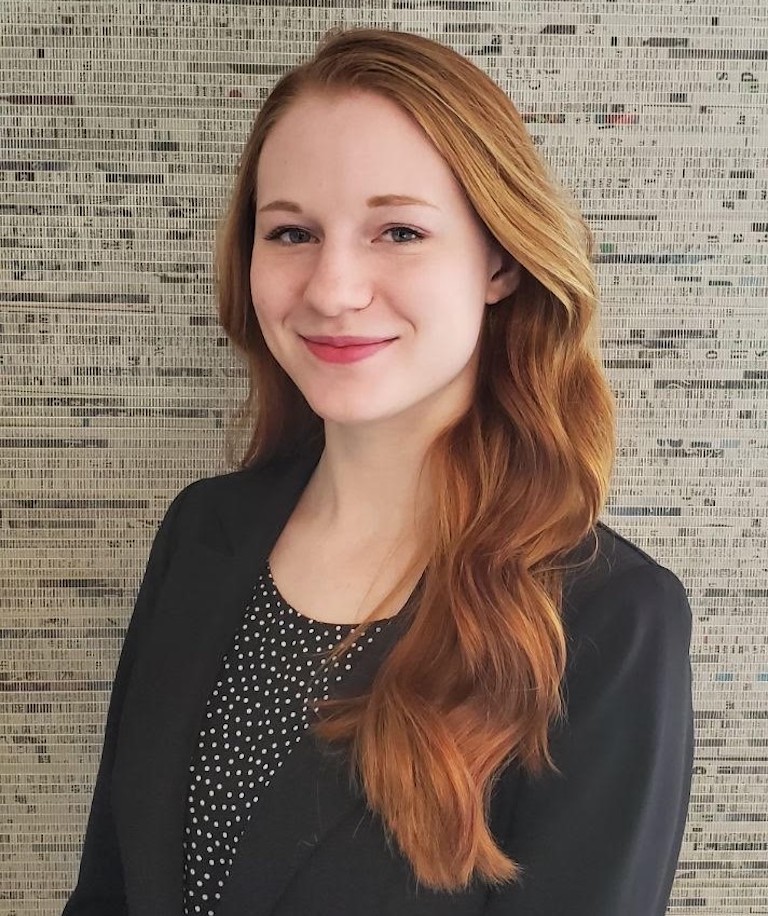
Kathryn
School: Arizona State University
Year: Senior
Political leaning: Somewhat liberal
Who she’s voting for: Biden
I have not been extensively involved in this election. In February, I completed a voter registration training with the Maricopa County Recorder’s Office and planned on starting a bipartisan student voter drive with my Honors College. But thanks to COVID, ASU went online two weeks later, and I returned to Idaho for the duration of the spring and summer.
These days, most of my conversations are about COVID-19 or the upcoming election. Most of my friends are as liberal as I am, or more so, so we are generally very anxious about the results. My family is a mixture of both right- and left-leaning, so we tend to avoid the issue. I have discussed the election the most with my boyfriend, who will be voting for Trump. While these conversations can get contentious, I sincerely appreciate them because they challenge me to consider a new perspective.
“I probably would have been more inclined to get involved with campaign work if one of my preferred candidates had received the party nomination.”
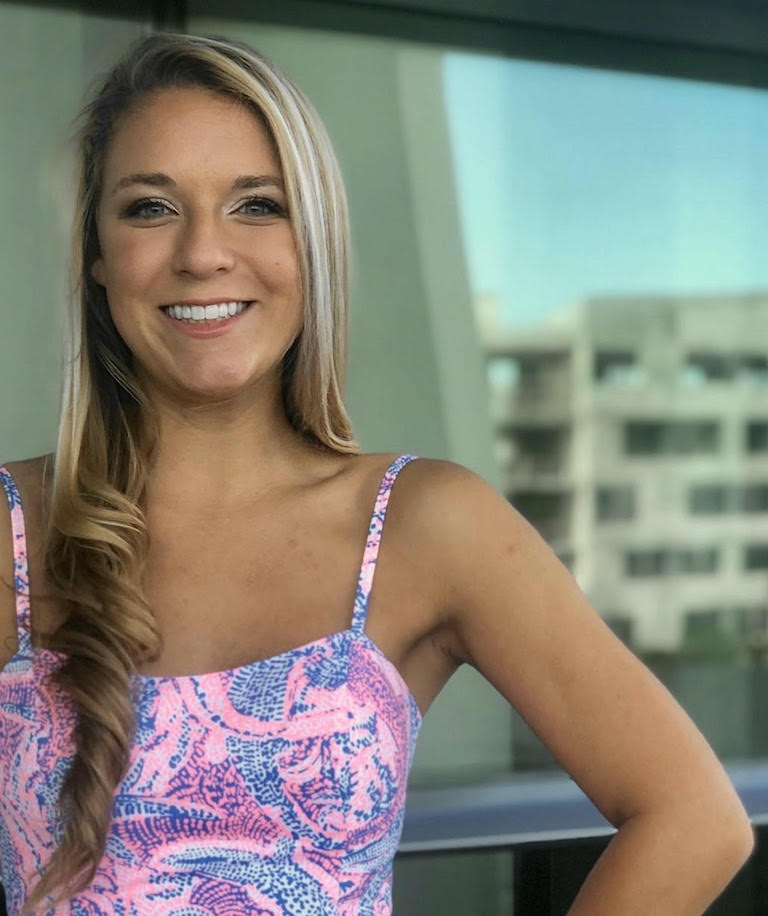
Sydney
School: University of Colorado, Boulder
Year: Ph.D student
Political leaning: Very liberal
Who she’s voting for: Biden
I start and end my day by reading the news from at least five different news sources, including one international news source to diversify the perspectives and opinions I read. I am very inspired by the countless Americans who peacefully took to the streets to protest this year.
For the majority of the pandemic, I was quarantined with my family. And in order to be as cautious as possible, I did not personally attend protests or large gatherings, but I did pay attention to them. The awareness these protests generated is incredible, and remaining ignorant to the systemic problems that plague our society is no longer an excuse. It has influenced how I prioritize my time now — to use my free time to learn more about the world and others around me and to vote with the struggles of others in mind.
“I have been politically involved in this election by actively educating myself on the issues surrounding it, voting, and having conversations with family members and friends.”

Anonymous
School: University of Michigan
Year: Junior
Political leaning: Very conservative
Who they’re voting for: Trump
My experience with this election has been a little unique, as I have been outside of the U.S. for the last year due to a study abroad. I was planning to come back for the fall semester, but COVID complicated things so I ended up staying abroad for another semester. However, even if I were in the States, I don’t think I’d have attended any rallies or really participated in a physical way like that. I have a very utilitarian view of politics, so I don’t really see myself as a “fan” of any candidate, at least not enough to want to attend a rally. I do appreciate the importance of encouraging voting, and I sent a picture of my absentee voter envelope on social media to remind and encourage others to vote.
I love having conversations about the election with anyone who will talk to me. Recently, this has mostly been my parents and my siblings. I enjoy testing my opinions against others who disagree, as this helps me strengthen my positions (or weaken them, telling me I should reconsider my opinion).
“I have been politically involved, but more in a personal way with myself and my family. I guess that’s not how political involvement usually looks, but maybe it’s fitting in the time of COVID.”




